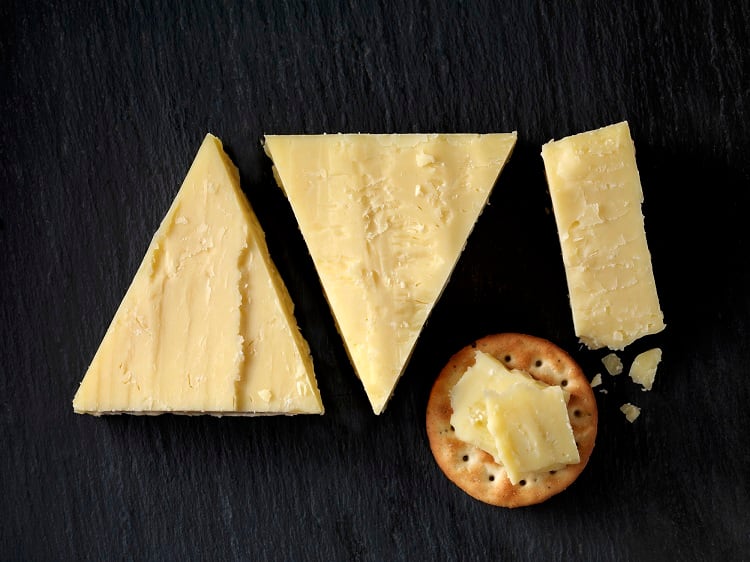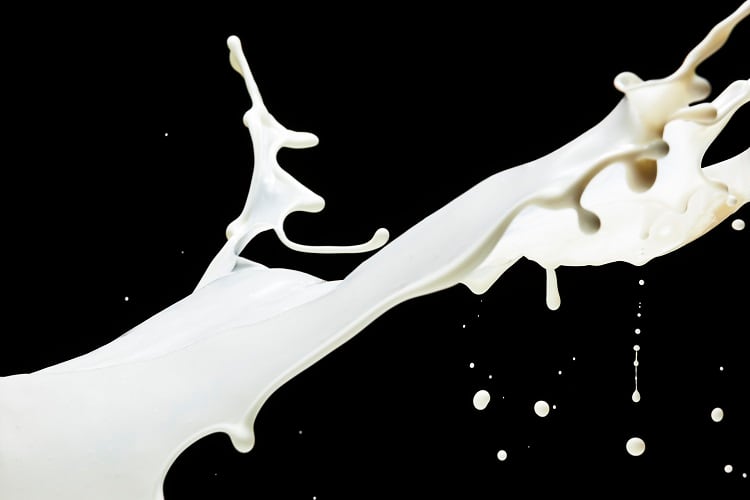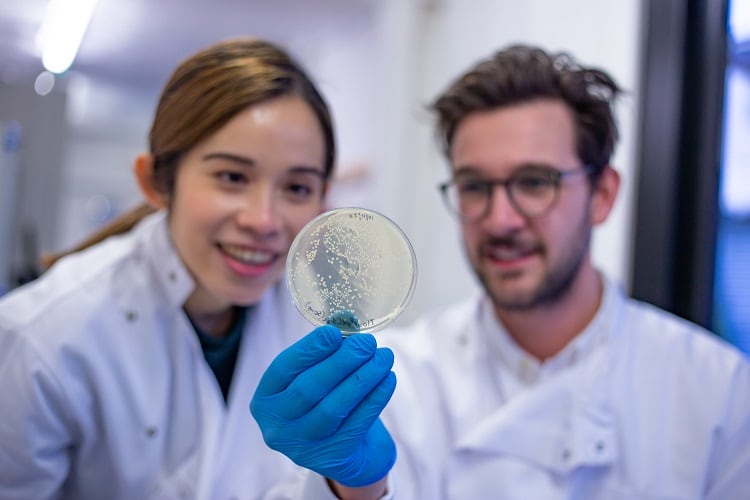The last time FoodNavigator caught up with Better Dairy, in February 2021, the start-up was celebrating the closure of its £1.6m (€1.9m) seed round.
Now, just over one year on, and two years since the start-up was first founded, there is more cause for celebration: Better Dairy has closed a series A worth $22m (€19.6m).
The funding was co-led by RedAlpine and Vorwerk, and joined by Happiness Capital, Manta Ray, Acequia Capital, and Stray Dog Capital.
The money will largely go towards funding R&D for a new product for Better Dairy, and for the precision fermentation-based dairy space. The start-up is changing tack, co-founder and CEO Jevan Nagarajah told FoodNavigator, to focus on a specific dairy category: hard aged cheeses.
Shifting from ingredients supply to product manufacture
First and foremost, Better Dairy is sticking with casein. But how it plans to commercialise this milk protein has changed dramatically.
To begin with, the start-up was investigating casein as a powdered ingredient to be sold to food manufacturers in plant-based. Now, the start-up is ‘making a shift’, said Nagarajah.
While not closing itself off to potential B2B sales in the future, Better Dairy is putting more time and resources into development of a finished product. And that finished product is likely to resemble a cheddar, gouda, or blue cheese.
“We originally thought that a B2B approach of selling proteins to businesses was the way forward,” Nagarajah told this publication. “But when you look at the space, there is opportunity to do both. Most players are a hybrid between the two, and we are no different in that regard.”
As the alt dairy space matures, it has become more nuanced. Precision fermentation start-ups are increasingly targeting one category. ‘A lot’, according to the Better Dairy CEO, are going after cheese. “It’s a good product in terms of price point, in terms of requirement of dairy products, and it is very hard to replicate with plant-based.”
Some are favouring soft spreadable cheeses. Others have their eyes on European dairy specialties such as mozzarella. Berlin-based Formo (formerly LegenDairy) falls into this category.
This leaves a ‘big gap’ in the market for precision-fermentation made hard aged cheeses.
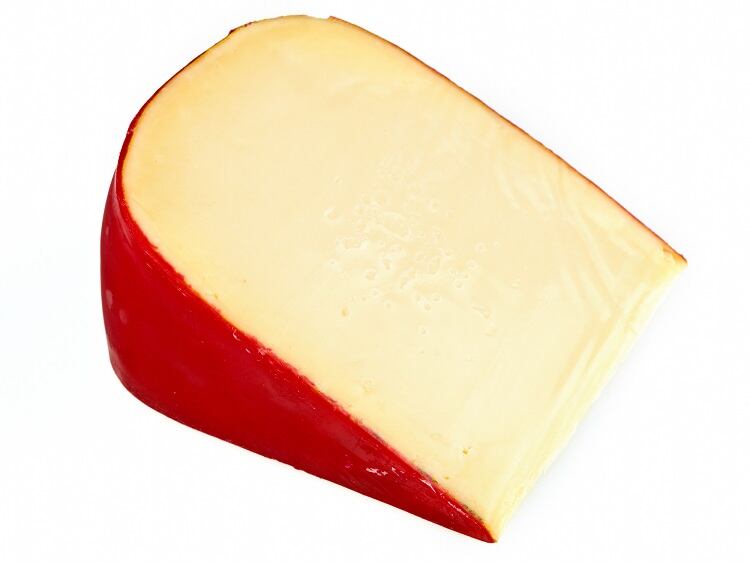
“We thought about the [cheese market] a lot and saw the progress being made in mozzarella,” explained Nagarajah. Having created its own mozzarella prototypes, Better Dairy decided there was more opportunity in hard aged cheeses.
“Hard aged cheeses were more interesting to us, because there is a big gap in the market and it’s where we see real value being added.”
‘Our work is 80% traditional cheesemaking’
The challenge for Better Dairy is that casein is not a homogenous protein. Rather, it is ‘very complex’, meaning that for hard aged cheese, the casein needs to be ‘nurtured’ to help overcome technical challenges.
If making a mozzarella, the protein, fat and sugar ratio needs to favour melt and stretch. With an aged cheese, the characteristics are very different. “You’re looking at aroma and flavour compositions and development,” the CEO explained.
“You’re looking at texture in a different way. You’re looking at melt, but you are also looking at rigidity, crumbliness, and the mouthfeel of the product when it’s not heated.”
Better Dairy is leaning on traditional cheesemaking techniques to help it get there. “I would say probably 80% of it is traditional cheesemaking. The other 20% is bridging the gap on a couple of things: our starting point isn’t the same – it’s not milk – so we have to get to a ‘milk-like’ [state].”
Another crucial factor is that Better Dairy is able to control the cheesemaking process ‘a lot better’ than conventional cheesemakers. “There is the potential to shortcut some of the processes and optimise the way we’re doing them,” he told us, offering up whey separation as one such example.
“In regular cheesemaking, you need to separate and drain off the whey. We don’t need to do that. Likewise with maturation…we can look at the science of aroma profiles…and use chemistry to demystify…maturation.”
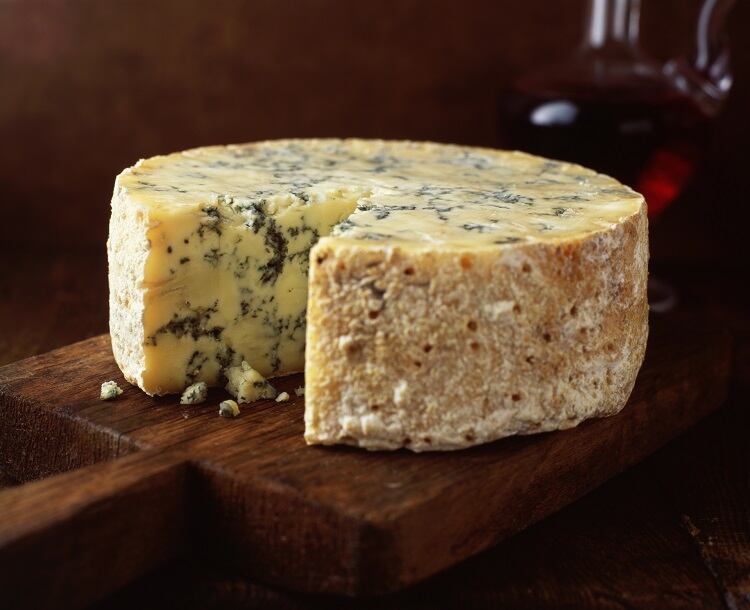
Better Dairy is splitting its R&D into two parts: the development of animal-free casein; and the development of prototypes from deconstructed milk. “Over time, we will bring it all together to get the final product to market.”
First up in the pipeline is cheddar, with blue cheese and gouda ‘on the horizon’. Others with longer ageing processes, such as Grana Padano and Parmesan, may come later down the line.
Regulatory hurdles
Based in the UK, Better Dairy is currently unable to sell precision fermentation-derived dairy on home soil. In fact, most regulatory agencies around the world have yet to approve cow-free dairy proteins.
The US Food and Drug Administration (FDA) approved Perfect Day’s whey protein in April 2020, and Singapore has also shown a progressive approach to this form of innovation: in 2020, the Singapore Food Agency approved US company Eat Just’s cultivated chicken ingredient.
For Better Dairy, these two geographies are the ‘most likely contenders’ for its hard aged cheese products. “The US market is always alluring because of its size and conducive regulatory environment,” Nagarajah explained.
“Singapore is also very interesting because of its regulatory environment and support being offered in that ecosystem.”
The third contender is the UK. The CEO believes in a potential ‘post-Brexit opportunity’ emerging around regulatory reform.
“We think it is more likely than not that they will end up shifting the laws. Maybe not to be entirely like the US, but a lot less stringent than the EU. I think being a UK-based company that has a good foothold here, we might try and tap into that,” he revealed.
Of course, Better Dairy is knows better than to plan a company based on the hope of regulatory reform, Nagarajah stressed: “So currently we’re really looking at the US and potentially Singapore as first markets.”


